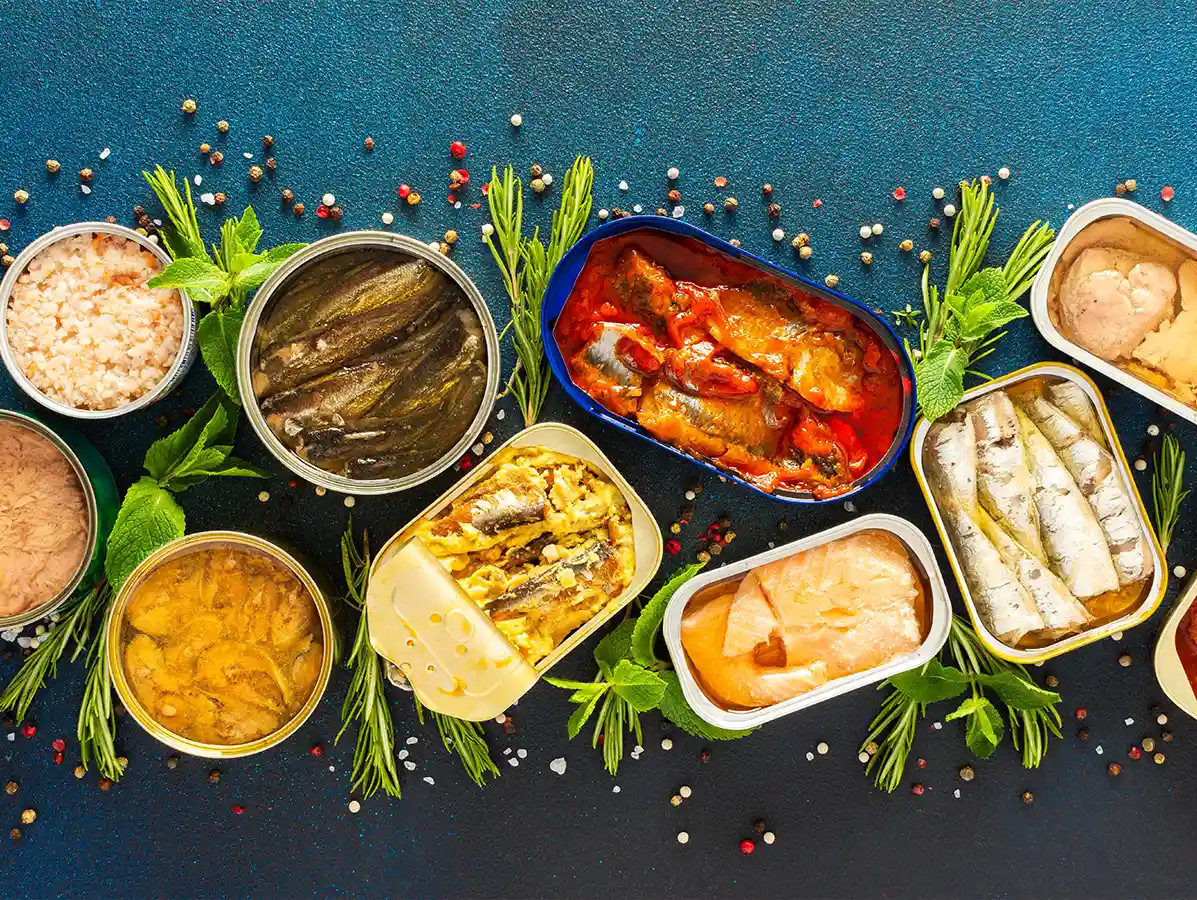
European NGOs and fishermen’s organisations are calling for stricter labelling regulations on processed seafood products such as canned fish. They argue that these products should have the same labelling requirements as fresh fish to combat illegal fishing and ensure fair competition. A study by NGO Oceana, published on 19 September, revealed that 40% of processed seafood products in France, Spain, and Belgium lack essential information, such as species, origin, and fishing methods used.
Oceana warns that a can of tuna may simply be labelled as ‘tuna’, without specifying the species. This could refer to any of the 14 different tuna species, including overfished populations. While EU regulations require consumers to be informed about fresh, frozen, and smoked fish products, processed and canned products are not subject to the same rules. Oceana is urging the European Commission to include these products in a revision of the regulations.
European fishermen’s organisations, such as Europêche, support this call. They stress that a common labelling system is necessary, as many processed seafood products are imported from non-EU countries, where 70% of the seafood consumed in the EU originates. Lower costs and a lack of labelling can distort competition and harm the European fishing industry. Oceana also warns that current regulations do not give consumers enough information to make sustainable choices or discourage illegal fishing.
Oceana is also calling for greater transparency in the hospitality sector. Currently, caterers and restaurants are only required to provide allergen information. The NGO argues that consumers should also have access to information about fish species, origin, and fishing methods in the food service industry.
Source: Euractiv